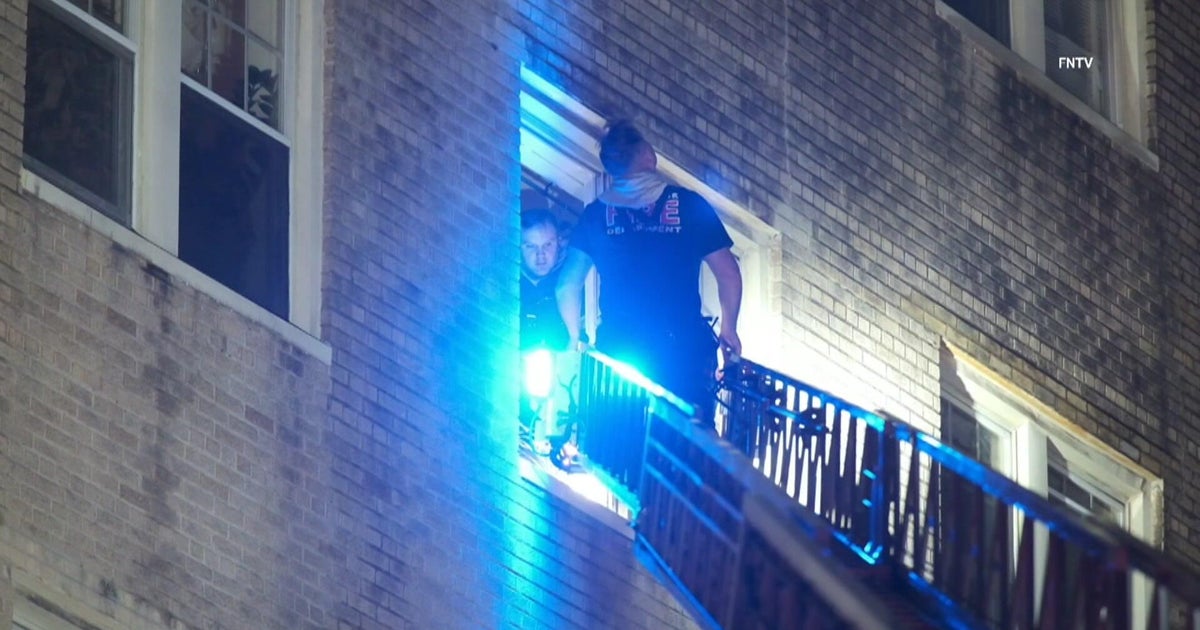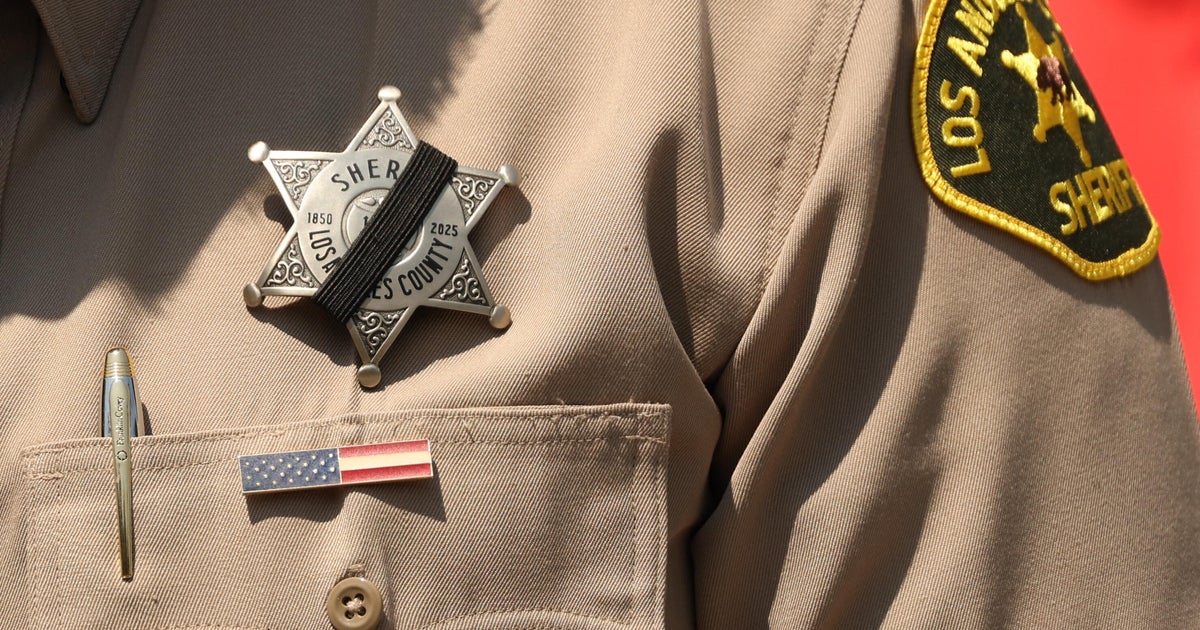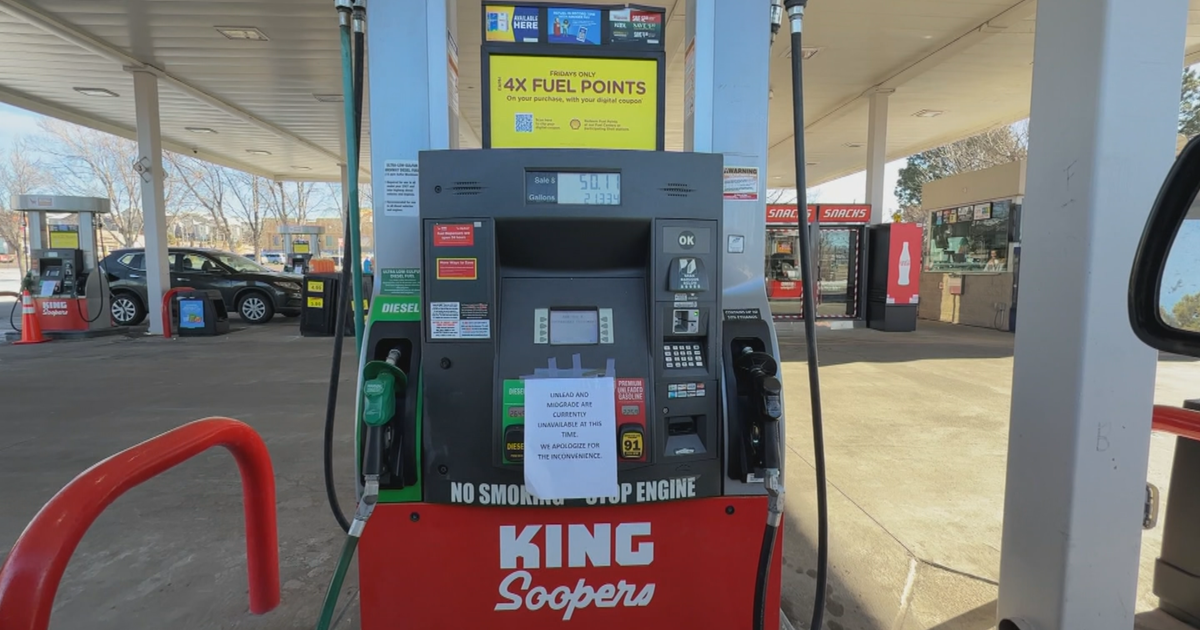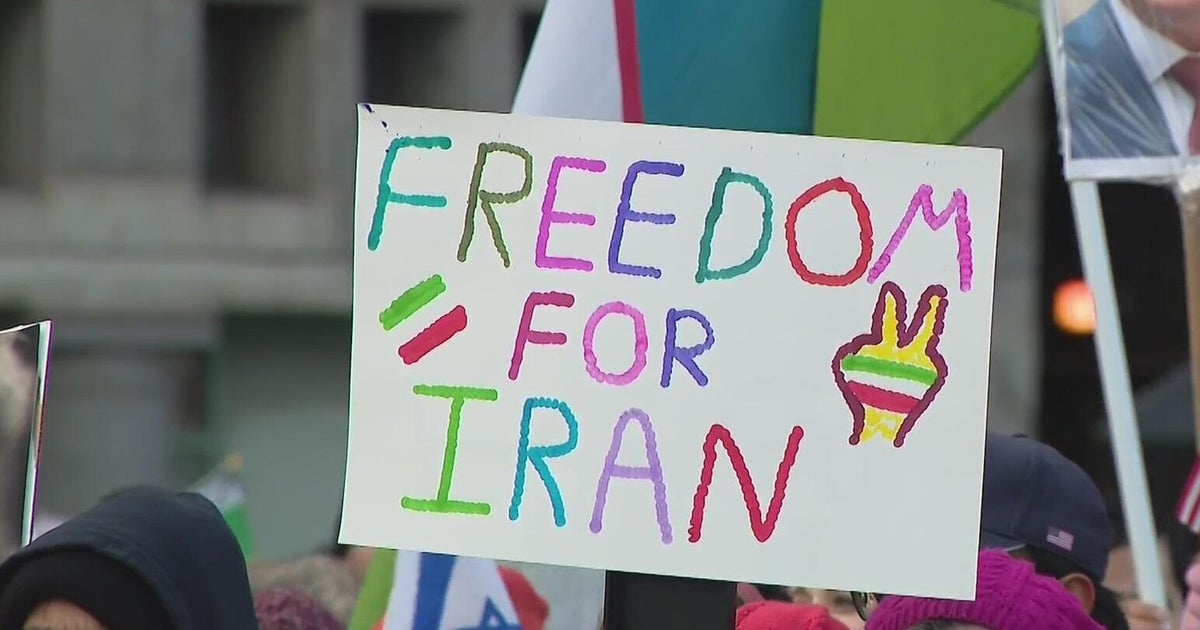New Jersey notifying thousands of households about lead water lines; Residents anxious for next steps
NEWARK, N.J. -- Tens of thousands of New Jersey homeowners may get some unexpected news in the mail Tuesday.
As CBS2's John Dias reported, they will receive notices that pipes carrying water into their homes are made of lead.
To Arnoldo Perez's surprise, the pipes that carry water into his Elizabeth home are made of hazardous lead, according to his water provider's interactive map.
"You're trusting these people, and I use this water to cook and everything," Perez told Dias.
He's been raising his family using this water since he bought the home five years ago.
"I live with three kids here and my wife, and it's bad," he said.
His household is likely one of the 180,000 homes the New Jersey Department of Environmental Protection will send certified letters, explaining a lead service line transports water into their home.
"Durable and flexible, lead was historically used as water service line material. However in 1987, the federal government banned lead in solders, faucets and pipes," DEP environmental specialist Brandon Carreno explained. "It had been discovered that long term exposure to lead was connected to multiple negative health effects, like behavior problems, kidney damage, anemia and low birth weight."
Legislation passed in July requires water providers to replace the lines within 10 years. However, many home owners are concerned a simple letter won't have the answers.
"Sending out a letter doesn't mean anything to me," one resident said. "I think the bigger concern would be if it's going to be 10 years, does it start in two, does it start in three, does it start in five?"
New Jersey American Water says it already started removing lead lines and is prioritizing underserved communities.
"The fact that you have a lead line or galvanized line and receive a letter like this does not mean the water is unsafe," President Mark McDonough told CBS2.
Vice President Kamala Harris was in Newark last week highlighting the city's work to eradicate lead service pipes in two and a half years.
In nearby Crandford, however, homeowners say even if lead pipes aren't an issue, outdated piping is.
"I think the pipes are just so old, they're going to have to be replaced anyway," said resident Chris Douglas.
"I have a very fancy filter, so I'm hoping that it is adequate," resident Marcia Rabin added.
New Jersey is expected to receive $1 billion from the federal government over the next five years to help fund the statewide project.








